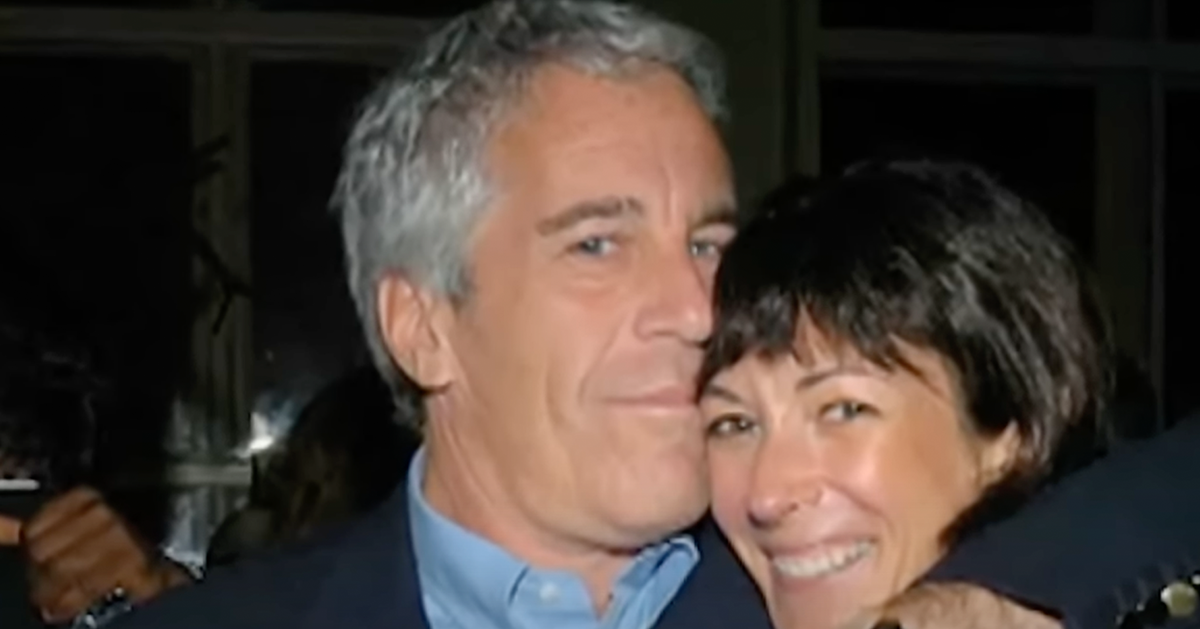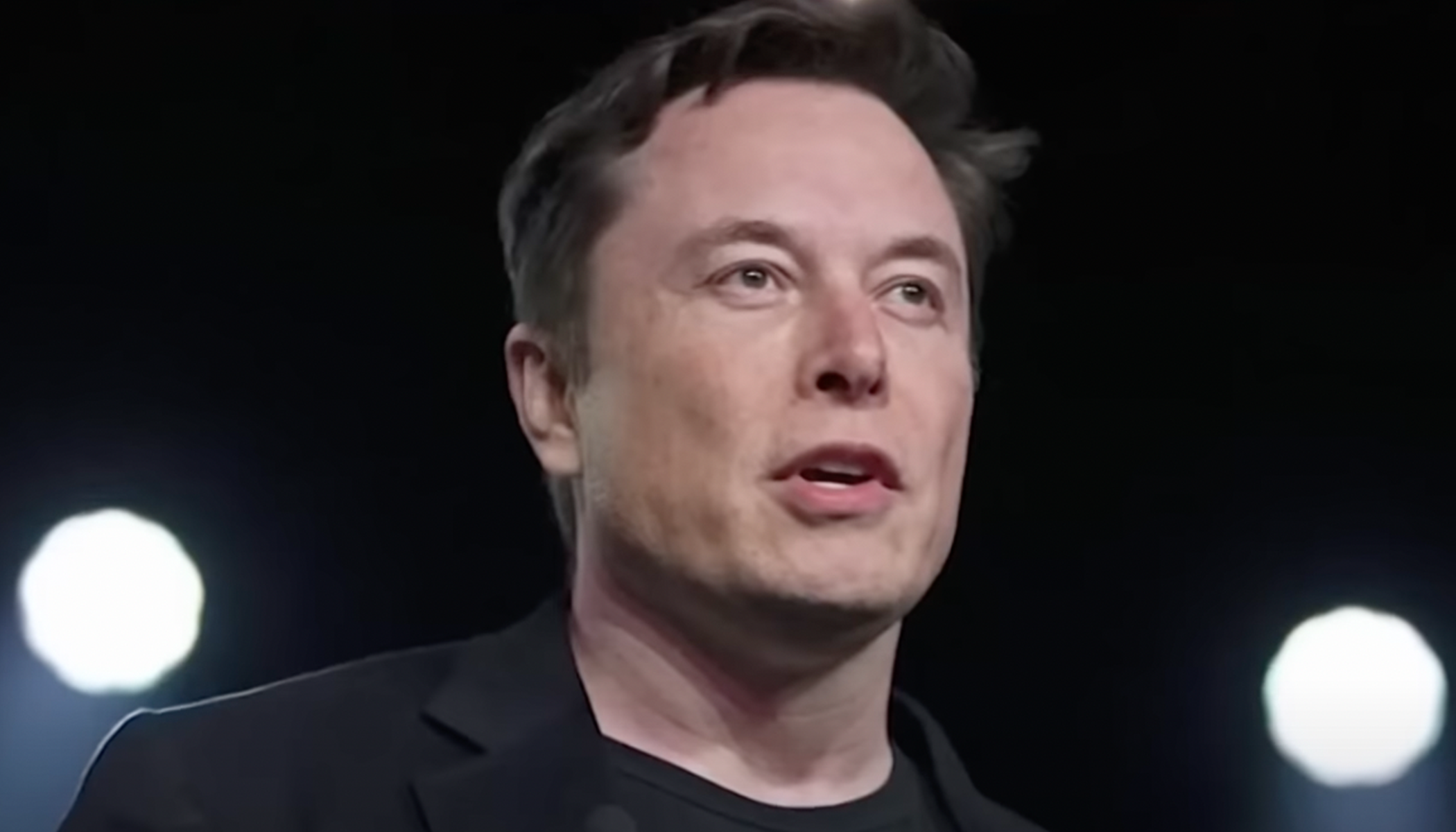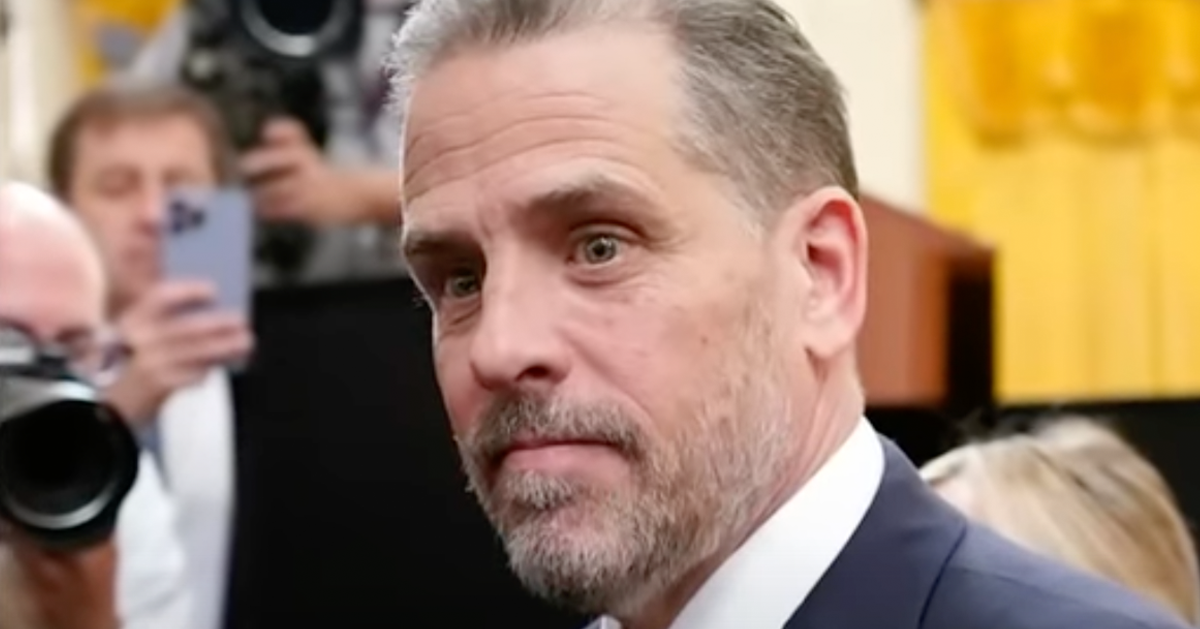Supreme Court declines RFK Jr.'s appeal in New York ballot case
The U.S. Supreme Court has denied Robert F. Kennedy Jr.'s legal effort regarding his status on the New York ballot for the 2024 presidential race, effectively bringing the controversy to an end.
The Supreme Court's decision marks the second time Kennedy's appeal against New York's election rules was dismissed, following similar legal rejections at the state level, as Reuters reports.
Kennedy's legal challenges initially arose after a New York state judge ruled against him last year.
The judge determined Kennedy had violated state law by using an address in New York that was deemed fictitious, given his residence in California.
The judge characterized Kennedy's address in New York as merely a tool to keep his voter registration alive for political purposes.
Supreme Court's Role in Rejecting Appeal
The state's appeals court upheld this decision, rejecting Kennedy's assertion that the residency requirement added an unconstitutional qualification for presidential candidates.
Kennedy argued that these state-imposed rules compromised his ability to run for the highest office under the stipulations set out by the U.S. Constitution.
This latest rejection from the Supreme Court is a reiteration of their previous decision from September. Back then, Kennedy had requested the Court to instruct New York election officials to restore his ballot status, a request that was also declined.
Kennedy, who is now the top health official in President Donald Trump's administration, has been navigating a complicated political landscape. His removal from the New York ballot was a significant setback amid his independent presidential bid, and the battle continued even after the election was over.
Background of Kennedy's Legal Disputes
In August, Kennedy announced his decision to suspend his campaign, throwing his support behind Trump. He asked those who backed him to shift their allegiance to Trump, notably pulling out of several GOP-leaning states as part of this strategic realignment.
The legal battles for ballot access are founded on Kennedy's attempts to navigate state-specific election standards. His use of a purported address in New York became central to these disputes. The state judge's characterization of this address further fueled criticisms regarding Kennedy's electoral strategies.
Kennedy maintained that New York's criteria went beyond constitutional directives, effectively adding hurdles not stipulated for presidential candidates. However, his legal arguments did not sway the courts.
Implications of Kennedy's Political Moves
Kennedy's challenges bring to light the complexities candidates face when maneuvering through the varied regulations across states. The notion of states imposing additional qualifications has been a contentious point in election law.
With his withdrawal and subsequent endorsement of Trump, Kennedy's actions signal a significant political shift. His move to support President Trump suggested strategic recalibrations within independent and third-party dynamics in the 2024 election cycle.
The endorsement had policy implications as well, especially given Kennedy's new role within Trump's administration, where he serves as the leading health official.
Looking Ahead to Election Law Debates
The legal precedents set through this case further underscore the potential difficulties outsiders face when trying to access ballots. Such challenges spotlight broader questions regarding state autonomy in election administration and candidate eligibility.
For Kennedy, the court's decision concludes one of the more publicized attempts at contesting state requirements.
As Kennedy exited the race, his departure affirmed the intricate nature of the U.S. election system, marked by a tapestry of state policies and federal principles. His case exemplifies the intersection of personal political ambitions with regulatory frameworks designed to manage and maintain electoral integrity.






